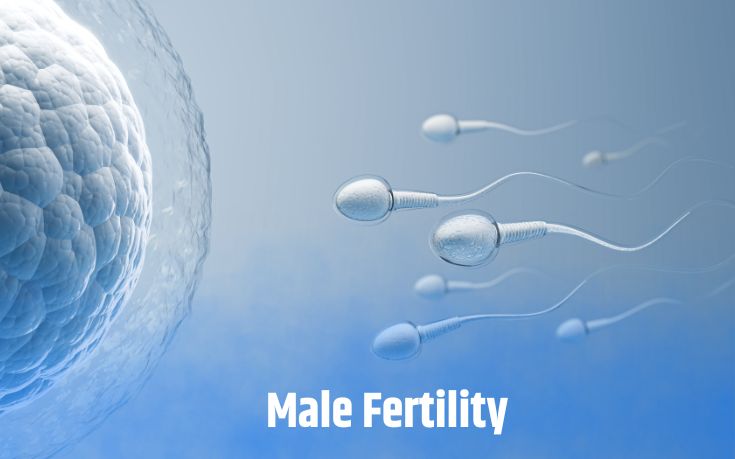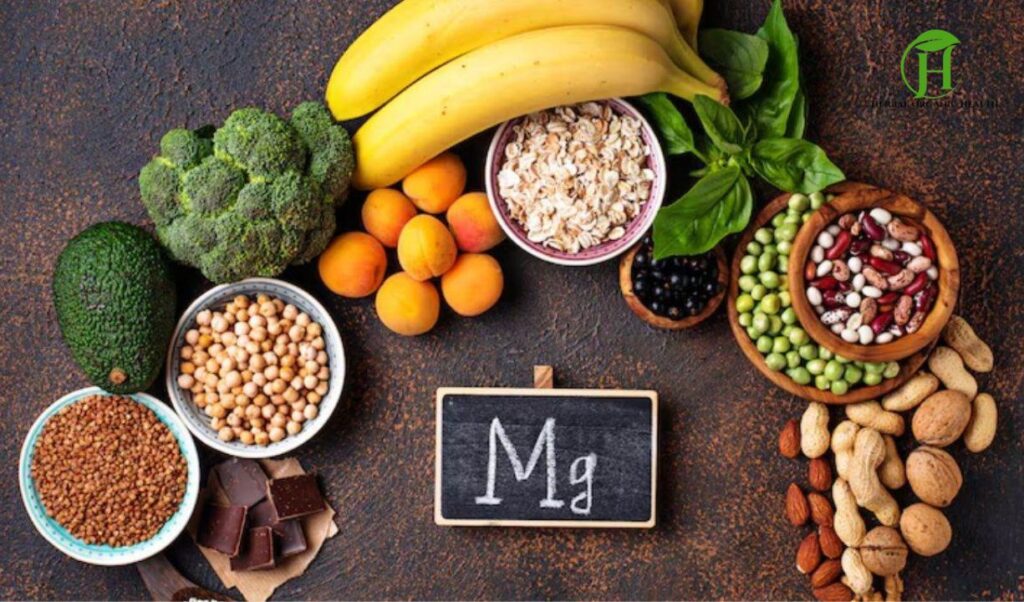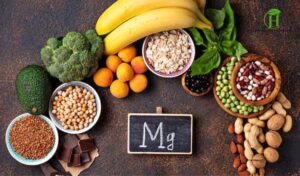Male Fertility is a personal and frustrating struggle in itself. One, however, of the most influential variables of male fertility would have to be diet. Let us get right into professional dietary advisement that can help one boost his sperm health and better its reproduction chances.
Male Fertility
Male infertility is a lot more common than most people think, and it accounts for a significant proportion of the difficulties faced by couples in their struggle to conceive. The quality of sperm concerning sperm count, sperm motility, or even morphology is bound to many lifestyle factors—diet being the most central. The right nutrients will work magic on sperm health, hence making it easy to get pregnant. Here are dietary strategies recommended by experts to boost male fertility.
The Power of Antioxidants
Sperm requires protection from oxidative stress, which is known to have a role in the damaging of sperm DNA and causing reduced fertility in affected individuals. They occur naturally in a diet that is rich in fruits, vegetables, nuts, and seeds. Having berries, oranges, spinach, and almonds daily gives a fair amount. Notable antioxidants include vitamin C, vitamin E, and selenium. Higher intake of these antioxidants has evidence to prove the factor that it is related to better sperm motility and morphology in men.
Omega-3 Fatty Acids: Important for the Health of Sperm
Omega-3 fatty acids are used for the fluidity of the sperm membrane and overall sperm health. They exist in fatty fish like salmon, mackerel, or sardines but also in flaxseeds or walnuts. Such fats improve spermatogenesis and sperm motility. Their sources should be added to the diet several times a week so that an improvement may be felt. If you’re not a fan of fish, then consider taking a good fish oil supplement to ensure that you are getting enough omega-3s.
Zinc: A Key Mineral for Male Fertility
Zinc is yet another vital mineral in producing healthy sperm and maintaining good testosterone levels.
Low zinc means you are at risk of having poor sperm quality. Good sources of zinc include oysters, beef, poultry, beans, and fortified cereals. Pumpkin seeds could also give you a pretty good dose if you have a handful. Secondly, get enough zinc; a slight deficiency can affect your sperm quality. Aim to get what your body requires by consuming a mix of foods rich in this mineral through meals.
Folate—Building Block for DNA Integrity
Folate is one of the B vitamins, which are essential for DNA synthesis and repair—a process that involves sperm DNA. Very good sources of folate include leafy green vegetables, citrus fruits, beans, and whole grains. Studies suggest that men with higher folate intakes have fewer sperm with chromosomal abnormalities. These foods can thus be added to the diet to improve sperm quality by enabling healthy replication of DNA. While a balanced diet rich in folate not only maximizes fertility but also supports overall health, it also looks at other ways to promote health in general.
Avoid Processed Foods and Trans Fats
Yet, if you need to, it’s imperative to avoid the bad ones. Processed foods and trans fats result in harmful effects on sperm quality. These bad saturated fats, found in fried foods, margarine, and many packaged snack foods, reduce the count and motility of your sperm. Try to go as much as possible for whole, unprocessed foods instead, and reach for natural fats such as those found in avocados, olive oil, and nuts. This way, by making mindful choices, you will protect your sperm health and give male fertility a boost.
Stay Hydrated
Hydration is always overlooked as a key factor in overall health and fertility, but seminal fluid is what carries the actual sperm and is largely based on the level of hydration. Be sure to drink plenty of water throughout the day.
High levels of caffeine and alcohol can dehydrate the body. Staying well-hydrated enhances every function of the body, including sperm production and mobility. Drink at least eight glasses of water per day to keep your body and reproductive system running at full speed.
Limit Alcohol and Quit Smoking
Alcohol and smoking have been shown to adversly impact sperm quality. An excess intake of alcohol lowers testosterone levels and Sperm count, while smoking also damages the DNA in the sperm.
The less of both habits one consumes, the better the male fertility rate will be. Unless the behavior is impossible to overcome, a healthcare professional and a support group can help. Thus, these lifestyle alterations promote male fertility and enhance overall health.
Final Words
Improving male fertility through diet is quite plausible and useful. Having antioxidant-rich, omega-3 fatty acid, zinc, and folate-rich food, along with avoiding processed foods and harmful fats, can work wonders toward better sperm quality and higher chances of conception. Be regular, and the small changes you make in your diet today will create big differences later. Also, keep hydrated, limit alcohol intake, and quit smoking to complement your fertility. You can always seek a doctor’s help and consult a nutritionist to make an appropriate diet chart for you. By having the right diet, you are doing active things to achieve your male fertility goal.











